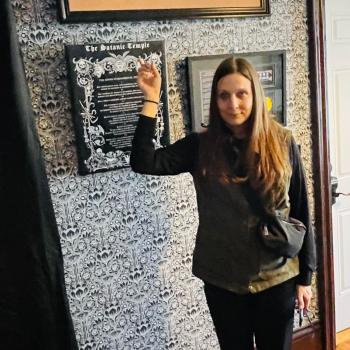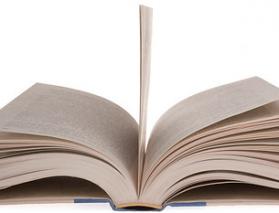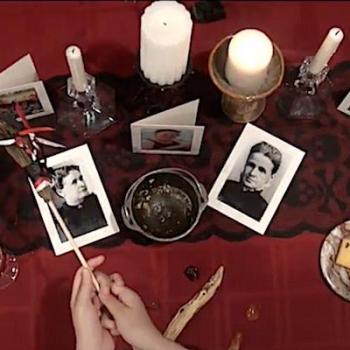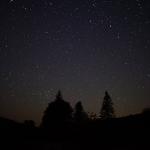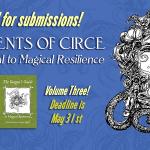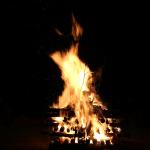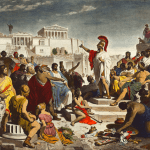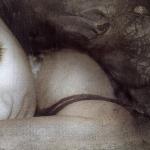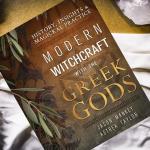In January, many of us celebrated the contributions of Dr. Martin Luther King, Jr. to American society. Brave efforts to overcome racial inequities were the focus. The movie Selma brought that pivotal event into heightened public awareness again. Dr King invited the Unitarian Universalist Association leaders, minister and lay both, to come to Selma to stand with the protesters, and more than any other denomination, they came. In 1966 Dr. King delivered the Ware Lecture at the UU General Assembly: a powerful address entitled Don’t Sleep through the Revolution which detailed the importance of desegregation and social action. Listening to Dr. King’s address reminds me of the power of words and how they are used.
During the 1960s Civil Rights Movement “Black is Beautiful” became a slogan, popularized by Dr. King as he challenged the connotations given to the word black.
See King delivering his statement in the video https://www.youtube.com/watch?v=nGLF0X3WIiE.
(As an aside, when King talks about claiming his manhood in this video, we have to remember that King’s frequent use of man, mankind and brotherhood to denote all humans pre-dates consciousness about sexist language.)
Jacque James, former Director of Worship Resources for the UUA, co-edited the book Been in the Storm So Long (published by the UUA in 1991). The title is taken from a tradition African American spiritual, and is a collection of inspirational readings which embody the struggles and triumphs of black UUs.
She says: “We shape language and we are shaped by it. In our culture, white is esteemed. It is heavenly, sunlike, clean, pure, immaculate, innocent, and beautiful. At the same time, black is evil, wicked, gloomy, depressing, angry, sullen. Ascribing negative and positive values to black and white enhances the institutionalization of this culture’s racism.”
These assumptions also apply to the words light and dark. I have long observed that the interpretations of dark and darkness in popular American culture have a lot to do with the social climate we live in today. As pagans who take a broad, multicultural perspective, we can do much to correct attitudes by challenging the light over dark perspective. So often, however, we fall into the same dichotomies as we pit the so called dark forces against the protective and illuminating light.
Even Dr. King struggled with the embedded negative connotations of darkness. Take the statement in this poster. [“Darkness cannot drive out darkness: only
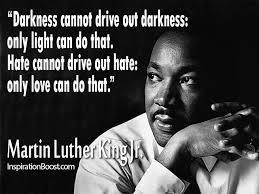
light can do that. Hate cannot drive out hate: only love can do that.”] Here he uses darkness as something to “drive out.” It seems to me this comes from a specific theological view that has found its way into spiritual directives of most religions. Many otherwise inspiring attitudes fall short when they start to reference “shadow side,” difficult dark times, even devil’s food cake which is dark chocolate, angle’s food cake is white! (Complicating the identities of the chocoholics among us…) When theological beliefs perpetuate injustices, UU Pagans must take the time to counter them.
The previous example shows Martin Luther King himself was guilty of this when he worked with Biblical concepts. To me, Dr. King was one of the clearest ethical thinkers, and principled in his actions and conscience. I am a fan of his thinking, advocacy, spiritual integrity and admire his superbly articulate addresses. Yet, I still object to this statement and his use of sexist language. I truly believe King valued all people, women included, equally. He was the first voice to challenge the misuse of the word black. Yet when it came to challenging theological concepts or language that excluded women, even he fell woefully short.
While I believe I know what he intended, I still can see the misunderstanding that is perpetuated when we use darkness in a pejorative way or use male descriptives to include all genders. So if you have ever used darkness to mean undesirable qualities, you are in good company. Opportunities for future corrective measures abound, however. As UU pagans we are uniquely positioned to speak up about this misconception, offering in their place the truer spiritual constructs of cycles, balance and rhythm of natural phenomenon.
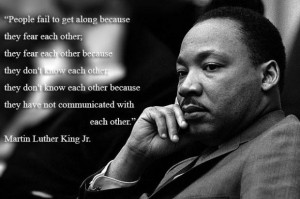 I am confident that if Dr. King were alive today, he would listen to objections to these usages and would not use such a phase, or sexist language. He would have listened. Communication and sharing was something he valued and encouraged. This quote tells me he would have heard valid objections and changed. [As Dr. King says here: “People fail to get along because they fear each other; they fear each other because they don’t know each other; they don’t know each other because they have not communicated with each other.”]
I am confident that if Dr. King were alive today, he would listen to objections to these usages and would not use such a phase, or sexist language. He would have listened. Communication and sharing was something he valued and encouraged. This quote tells me he would have heard valid objections and changed. [As Dr. King says here: “People fail to get along because they fear each other; they fear each other because they don’t know each other; they don’t know each other because they have not communicated with each other.”]
In his 1966 Ware Lecture, he admonished the listeners to counter concepts of racial superiority. Feeling superior to another is believed by most of us to hurt those judged inferior. For me, there is another sad result of segregation and racial stereotyping: the damage done to the oppressing group, who suffer great spiritual, intellectual and emotional losses fostered by their ignorance.
I was in high school and college in the 1960s. The Civil Rights movement was my teacher. I concluded then that if I adopted a white privilege attitude, I was actually cutting myself off. Instead, I studied in-depth the contributions of Africa and African Americans to world culture, moved to integrated cities, and sought out in-depth exchanges with people of various racial and ethnic backgrounds. I found a plethora of earth-centered and woman-honoring aspects in these cultures. Many of these I have included in Rise Up and Call Her Name. These experiences have been among the most enriching of my life.
By eliminating the embedded prejudice in our use of light and dark, then, we can begin to open the door to mutual respect and reciprocal benefits. As a group that is predominately white, UUs stand to benefit greatly from changing our language when needed and interacting with others across racial spectrums, recognizing that we stand to gain significantly by doing so.
As Jacqui James points out: “The words black and dark don’t need to be destroyed or ignored, only balanced and reclaimed in their wholeness. The words white and light don’t need to be destroyed or ignored, only balanced and reclaimed in their wholeness. Imagine a world that has only light….or dark. We need both. Dark and light. Light and dark.”
(I believe UU pagans are uniquely positioned to promote redefinitions of the word dark that are accurate and just, thereby contributing to anti-racist and anti-misogynist efforts. In Part One of this series Honoring the Dark, I explored the true meaning of dark and why celebrating the dark at the Winter Solstice is important. In Part Two, I explored the ways that mis-characterizing dark as evil fosters racism. In Part Three, I will explore how misconceptions about dark contribute to misogyny.)






